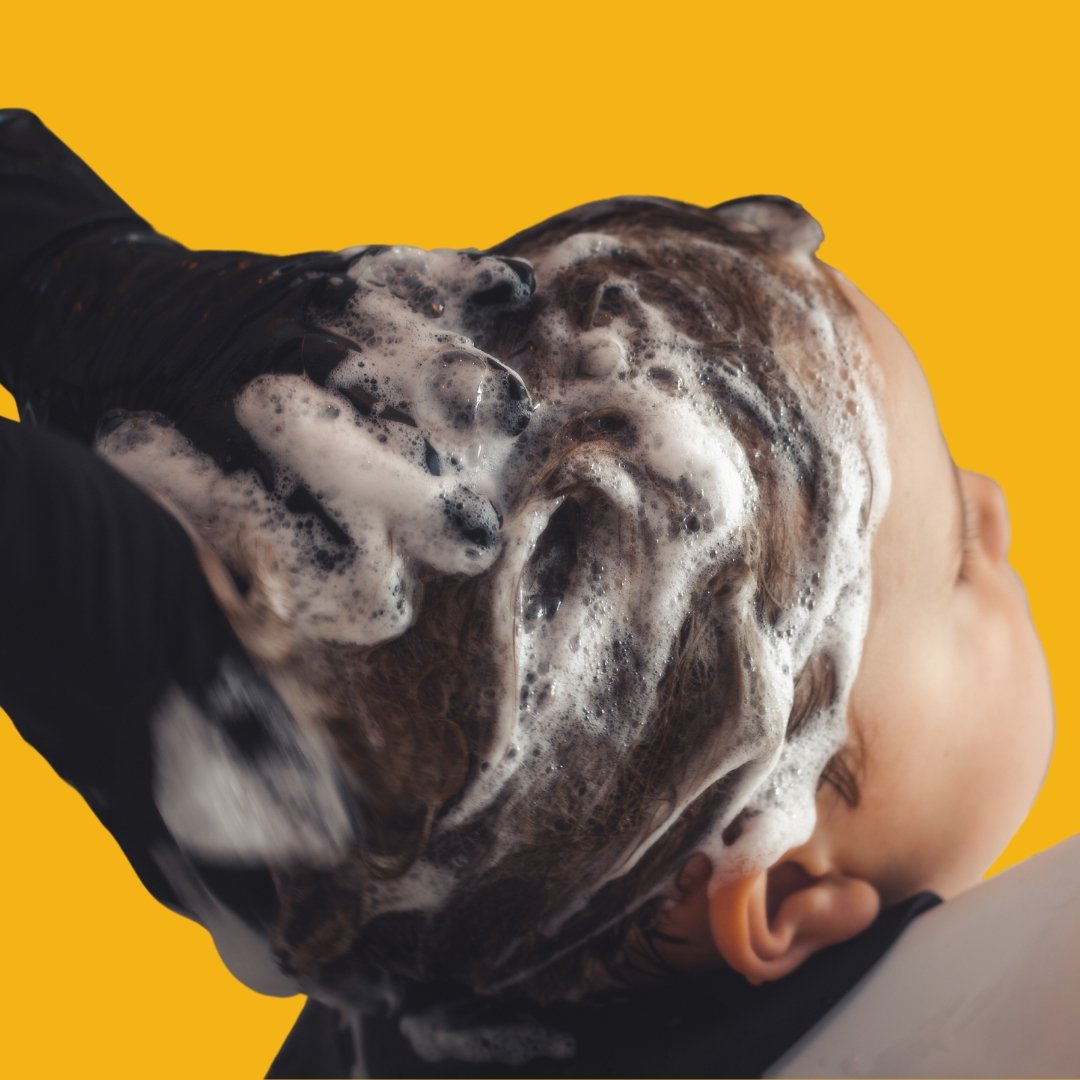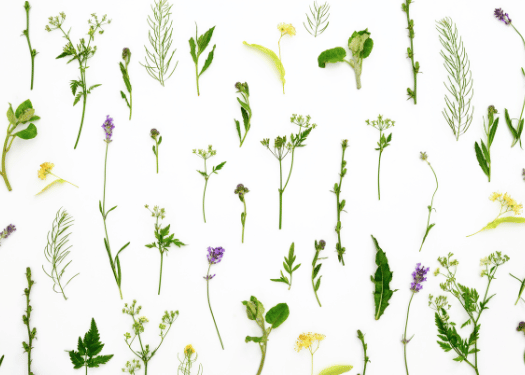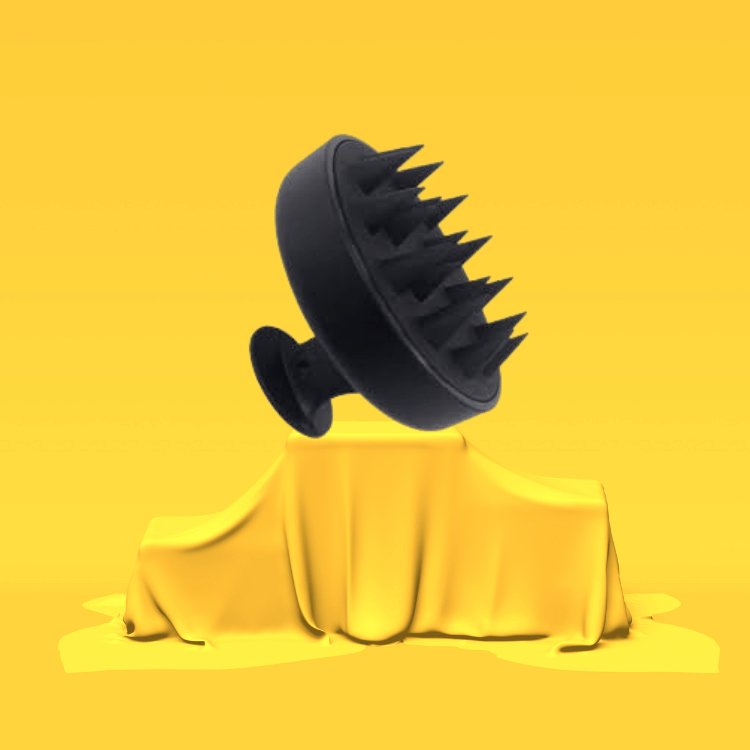
Caring for kids – what makes good children’s haircare?
In a similar way that pets, children and even adults alike are afraid of going to the dentist’s or doctor’s, many children are also incredibly repellent to bathing and taking care of themselves. And it’s no wonder – the concept is completely foreign to them. All children are at different developmental milestones, and depending on their age, they may not yet understand the importance of hygiene. What’s more, they’re also not familiar with their own bodies, as they’re still learning about themselves and the world. Although we can understand and sympathise with how intimidating these simple tasks may seem from a child’s perspective, it can make it tricky as a carer or parent to approach the task. In this post, we’ll cover a few tips that may help you work with your kids and their hair, as well as encourage them to take better care of it.
- Comfort is key
Though a very obvious point, it is still important to mention. It’s well worth considering where you’re styling, washing or cutting your child’s hair, especially if, for example, they are easily overwhelmed by bright lights or certain noises. Generally, making sure your child is comfortable when you are managing their hair will contribute to their overall impression of haircare, and is the difference between whether they look forward to their next session or dread it. A few things you may want to consider are:
- If they prefer to be in the bathtub when washing their hair or if it’s more comfortable for them to do so in the sink
- If in the bathtub, whether your child prefers for water to pass over their head behind them, or if they don’t mind/are used to the water passing over their face
- If they prefer for you to wash their hair with their head facing forward and downwards, or facing upwards with their head back (head forwards means water is more likely to pass over their face, but backwards might cause neck strain if washing their hair takes quite some time)
Equally, it can be helpful to use a pillow or neck rest specifically for hair washing if your child prefers to sit with their head backwards, as this can ease the strain it causes on their neck.
2. Talk to them
One thing dentists, doctors and hygiene maintenance have in common – they all require physical contact in an unfamiliar manner. Although you know every step from brushing to washing and drying hair, your child does not, and they have no idea what you’re doing, or why. Because of this, despite being familiar with you as a parent or carer, the practice can feel invasive, or even unsafe. It is thus important to let your child know what you are doing, why, and the steps to this. You could show them a video or read a children’s book to them about it, which will help them understand that the practice is universal and normal – that it can even be fun. Making sure they understand the importance of hygiene may not necessarily make them compliant to it, but it does help in ensuring they recognise what you’re doing is essential to their health. Talking to them during the processes as well as checking in with them to make sure they’re feeling okay and comfortable at each step can also be really helpful. Communication is important, in all situations!
3. Give them control
Allow the child to do some of the work – with simple tasks, such as clipping their hair back or drying it, you can show them how. Allowing your child to take initiative as opposed to doing all the menial tasks not only teaches them how do it themselves, it gives them control within the practice, which makes it less scary. With time, becoming familiar with the actions and steps themselves warms them up to having the processes done to them. It can also help to have mirrors around so that they are able to see what you’re doing – try as much as you can to ensure they can see you and what you are doing at all times, as this helps ease any anxieties they may have about the steps.
4. Have fun with it!
Generally, associating positive experiences with matters allows for people to view them as more positive overall: this is especially true for children during their years of developmental growth. You’ll know this is the case if you’ve ever had a terrible experience with something at a young age, whether that’s a specific type of food, weather or clothing – and if to this day, you’re still unable to approach that thing. For this reason, ensuring your child experiences haircare maintenance as positive overall is essential to getting them used to it. If possible, allowing them to choose between a couple of options can help them feel as though they have more say in the matter, which again allows them to feel more in control (for example, having different towel colours, clips or accessories). Through this, haircare can become fun for them (as it is for many of us as adults), and it allows them to be able to see it more as a game than another chore. If you have time after their wash routine, practise a hairstyle or two, or roleplay a scene in a salon to make them feel extra pampered and cared for – you could even do this as you’re washing and taking care of their hair. Not only will this improve their experience overall, it can serve as a bonding activity for you and your child.
5. The rewards system
As a carer of a child, you definitely will have heard this one before. Jumping off of the back of our previous tip, making the process fun for your child and allowing them to experience haircare positively is going to be fundamental to their understanding of it. An example rewards system you could introduce to your child’s wash routine could be sticker charts, for which every 5 or 10 stickers they’re rewarded with a treat for good behaviour during haircare time. Rewards could be anything from a trip to the park or place of their choice once a week, a sweet treat, or even new hair accessories to use for your next wash with them.
However, there is a fine line between rewarding your children and bribery, and we understand this. If you feel as though your child may become reliant on sweets or other treats as a result of this system, it’s better not to incorporate. Every child is different, and whilst some methods work for one, they may not be ideal for another. As the carer, you hold the cards, and you know your child best. Equally, positive reinforcement can work in the form of praise, so if treats aren’t an option for you, complimenting and verbal approval can really boost your child’s confidence in their ability to care for themselves, their image and within the topic of haircare overall.
Conclusion
Children overall are all so unique and can be incredibly diverse – we understand there’s no one-size-fits-all when it comes to them. Despite this, we hope some of our tips prove helpful for you, whether you’ve just introduced haircare to your child or you’re looking to improve their relationship with it. As always, if you’re interested in children’s or adult haircare products, our website provide heat caps for both adults and children, in a variety of styles and sizes to encourage fun, relaxation and healthier, moisturised hair for all. A link to our full collection can be found here.






